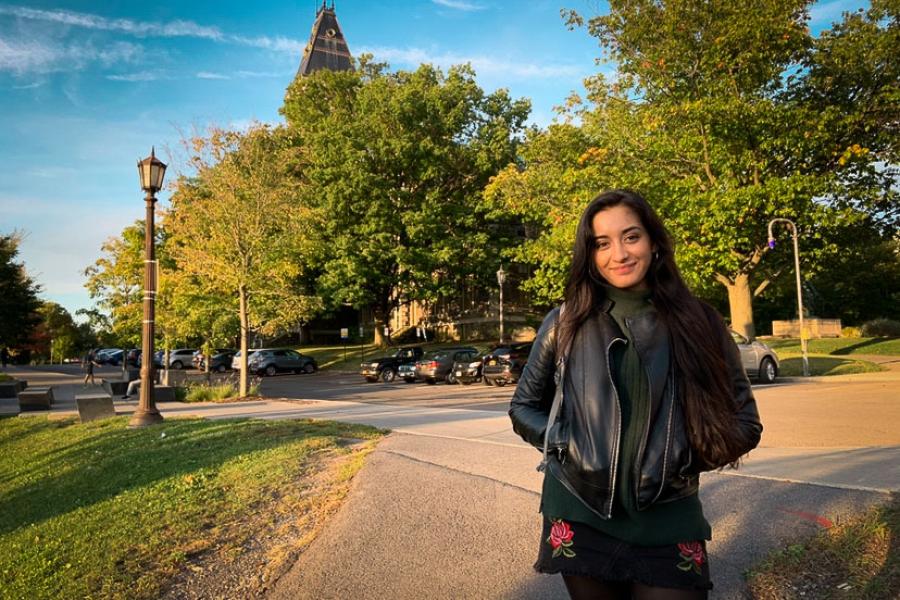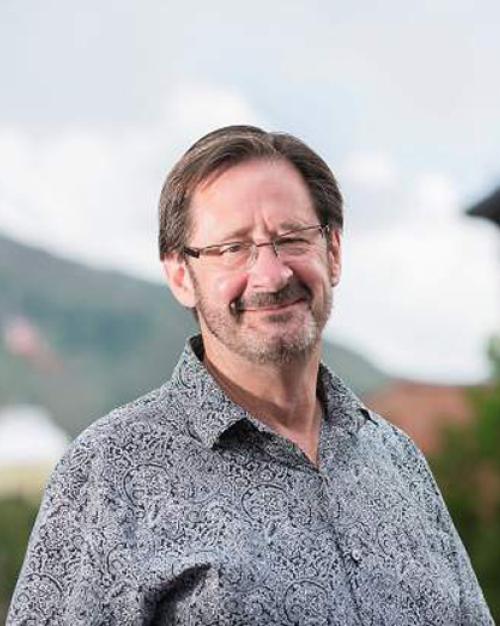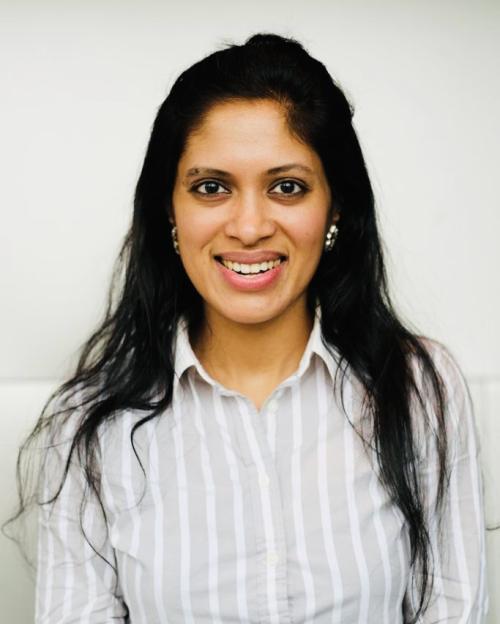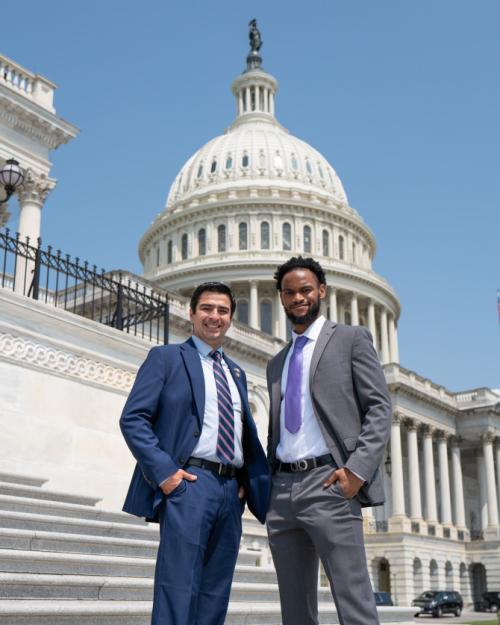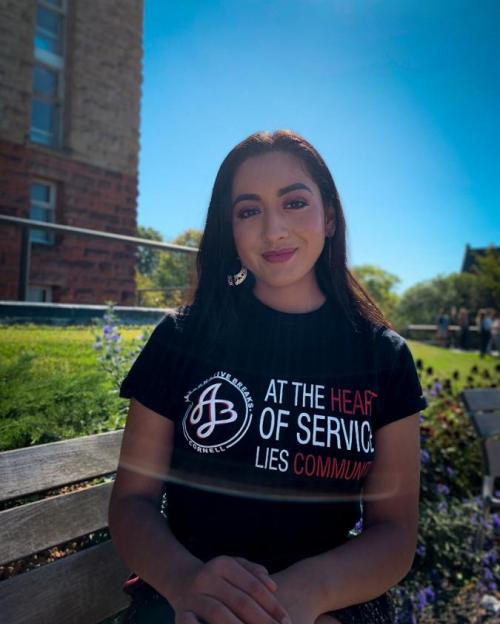Bianca Murillo
Psychology and Feminist, Gender, and Sexuality Studies
Chicago, Ill.
Why did you choose Cornell?
I chose Cornell for various reasons, including the plethora of opportunities available to me as a first-generation college student. The psychology courses and research conducted at Cornell were more expansive than at other colleges I had been offered admission. However, I mainly chose Cornell for the community of Latinx students I met upon first visiting campus. They made me feel welcomed and gave me a sense of community that I had not experienced while visiting other campuses. Therefore, I chose to attend Cornell, which was the best decision I could have made.
What is your main extracurricular activity and why is it important to you?
The main extracurricular activity I was involved in was Cornell Alternative Spring Breaks. I first joined it as a trip participant for the Mountain Lake Academy (MLA) trip during my freshman year. As a sophomore, I returned as a trip leader for MLA. My junior year I was the head service learning chair. This year, I am the president.
I dedicated most of my time to Alternative Breaks because of the meaningful and reciprocal relationships that the program has with community partner agencies in Lake Placid, New York City and Florida.
This organization taught me many valuable lessons that I will be forever grateful for. This organization influenced me to change my career path. As a sophomore, when I returned to MLA, I conversed with a student about his experience in the foster care system. I learned about his health issues due to lack of health insurance, his placement in the foster care system and criminalization for self-medication; hence, his residential placement. I sat in silence, angry that a child had been criminalized for attempting to survive in the only ways he knew. It felt unfair, unjustified. I could not return to campus or other aspects of my life without continuously advocating for children in the juvenile justice system. After this experience, I knew that I wanted to work directly with communities to address and support their needs. Hence, I decided to change my studies from pre-med to psychology and feminist, gender, and sexuality studies, which were the departments that taught me the most about social justice and community work. Alternative Breaks has also given me the tools necessary to work toward structural change. For example, it taught me to never enter communities with savior complexes that exploit the community for their self-gratification by believing they “fixed” an individual. One must continuously educate themselves and reflect on the issues one claims to address. This program allowed me to adopt a racial equity lens that centralizes the structural and cultural racism rooted in our institutions. Alternative Breaks taught me that to create structural change, all issues should be addressed at the root cause or else we will only perpetuate the same broken systems.
For these reasons (and many more which I will not list or else this will become a dissertation), Alternative Breaks was and will always be my most treasured extracurricular at Cornell.
How have your beliefs or perspectives changed since you first arrived at Cornell? What have you discovered about yourself?
I have discovered that I am proud of my roots and that I am resilient. Since coming to Cornell, I have reflected on my family’s story and how it has allowed me to be where I am today. I am proud to be a first-generation Mexican student. I am proud that my family will get to see their last name on a diploma.
If you were to offer advice to an incoming first year student, what would you say?
Prioritize your well-being and your interests. The most valuable and difficult thing I’ve had to accept was “you can’t pour from an empty cup.” This saying is so often said, but it is true. Even to this day, it is difficult for me to follow this especially when I am caught up in work, academics, extracurriculars, applications, my personal life, etc.; however, it is crucial.
Every year, our faculty nominate graduating Arts & Sciences students to be featured as part of our Extraordinary Journeys series. Read more about the Class of 2021.
